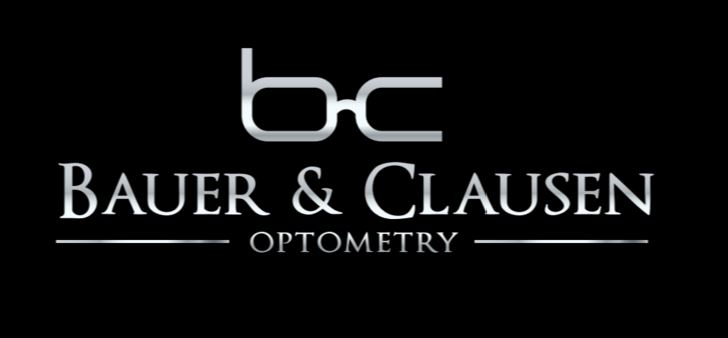FAQ’s
FAQ’s
We are re-opening with the same friendly professionals you’ve always counted on to offer the best possible patient experience. However, you will notice a few small changes:
- All doctors and staff will be wearing masks. We ask that you wear one, too.
- We ask that only the patient visit our office for appointments. Please do not bring any additional people along with you unless absolutely necessary.
- We will not be offering coffee or other beverages at this time.
Patient health is our top priority. To ensure maximum safety for our staff and our community, we have made several adjustments to our delivery of care. These methods are carefully aligned with Governor Bullock’s latest directive regarding social distancing and the phased re-opening of our state, including:
- Physical distancing protocols will be maintained whenever possible.
- All staff and visitors will receive a temperature check upon arrival.
- We will continue enhanced handwashing and sanitizing efforts, including cleaning of frames and regularly disinfecting frequently touched surfaces.
Contact lens ordering is available through our website or you may call our office to make your request
To review our financial policies, click here
If your pupils are dilated during your eye examination, we want to ensure that you feel comfortable driving before you leave our office. Eyes are often sensitive to light for an hour or more after dilation, so if you are worried about driving we recommend bringing a friend or making other arrangements for transportation. You are also welcome to remain in our waiting area for as long as needed.
One of the easiest ways is to stop in and visit with one of our opticians. He or she will examine the fit of your frames, tighten or adjust any screws or nose pads as needed, and answer any questions you might have. This is a complimentary service we provide our clients, and is designed to keep your glasses performing their best. We also encourage you to only use cleaning cloths (never paper wipes) designed specifically for eyeglasses. You’ll receive one when you pick up your new glasses, and we’re always happy to replace them for you to prevent lens scratches.
There are some conditions that you can avoid as you age, but presbyopia sadly isn’t one of them. As we age the lens in our eye gradually becomes less flexible. This means that your eyes can’t focus at the same distances they could when you were younger. When presbyopia begins (usually around age 40), most people start to notice eye strain, headaches and fatigue. People who have always enjoyed good vision or who are far-sighted are likely to need glasses in order to read. If you’re nearsighted, you may find yourself removing your glasses to read things close-up, or opting to get multi-focal lenses. There are many options that exist, and our eye doctors are happy to talk with you about them.
Parents often assume that eye exams can’t be performed until their child can recognize letters. As InfantSEE® providers, however, we actually examine the eyes of patients as young as 6 months of age. If no concerns arise at this first visit, we recommend another visit at age 3, and annually thereafter. During these exam, we evaluate how the muscles that control and move the eyes are working, how healthy the eyes look, and even take prescription measurements. Early intervention plays a vital role in a child’s development, learning and overall success.
Although sleeping in contacts was once a no-no, advances in design have led to some lenses that are more “breathable.” In turn, some of these lenses have been approved by the FDA for overnight wear. We recommend that you avoid sleeping in your lenses whenever possible, however, as it does increase the risk of infection and other complications. Talk to us about your specific needs and we’ll be happy to discuss the contact lens options that are right for you.



